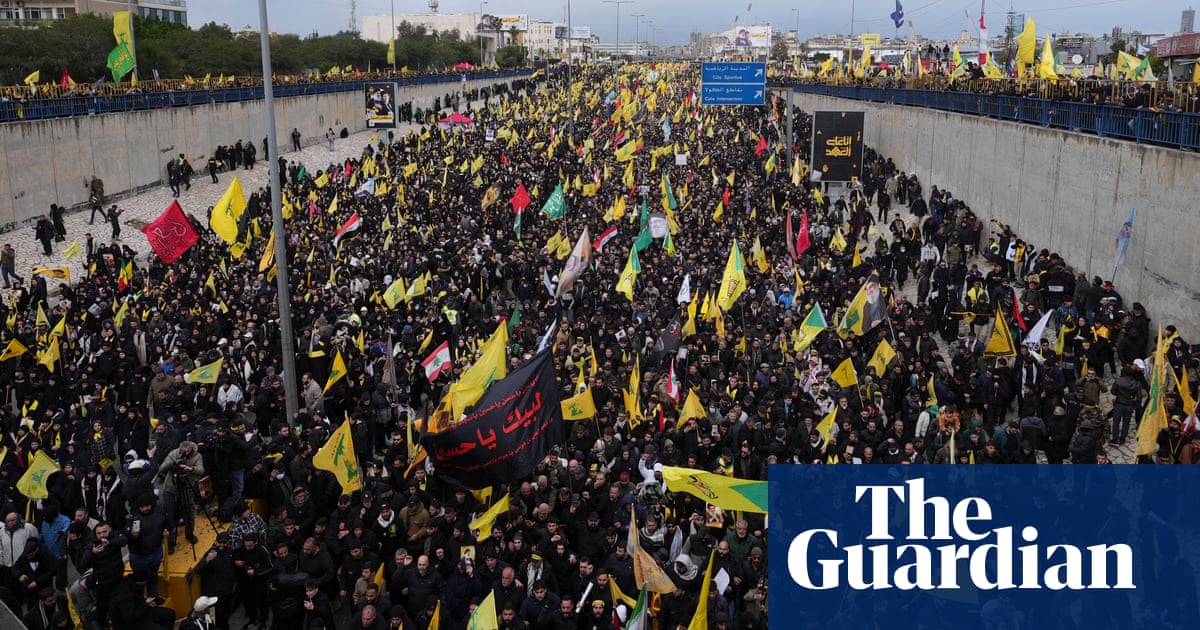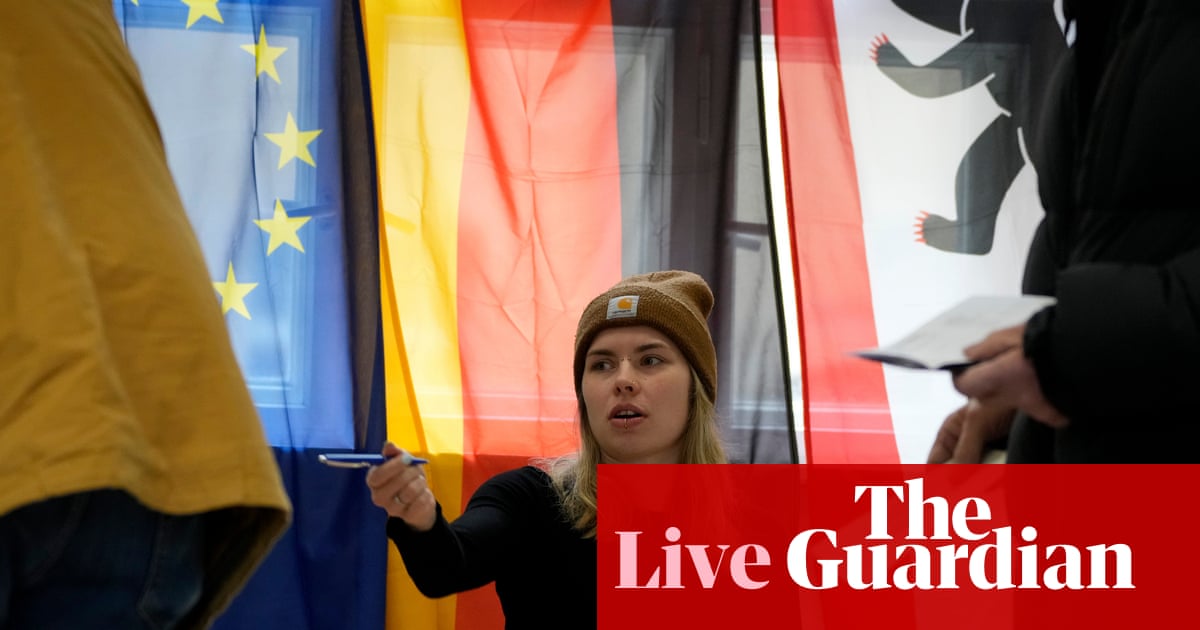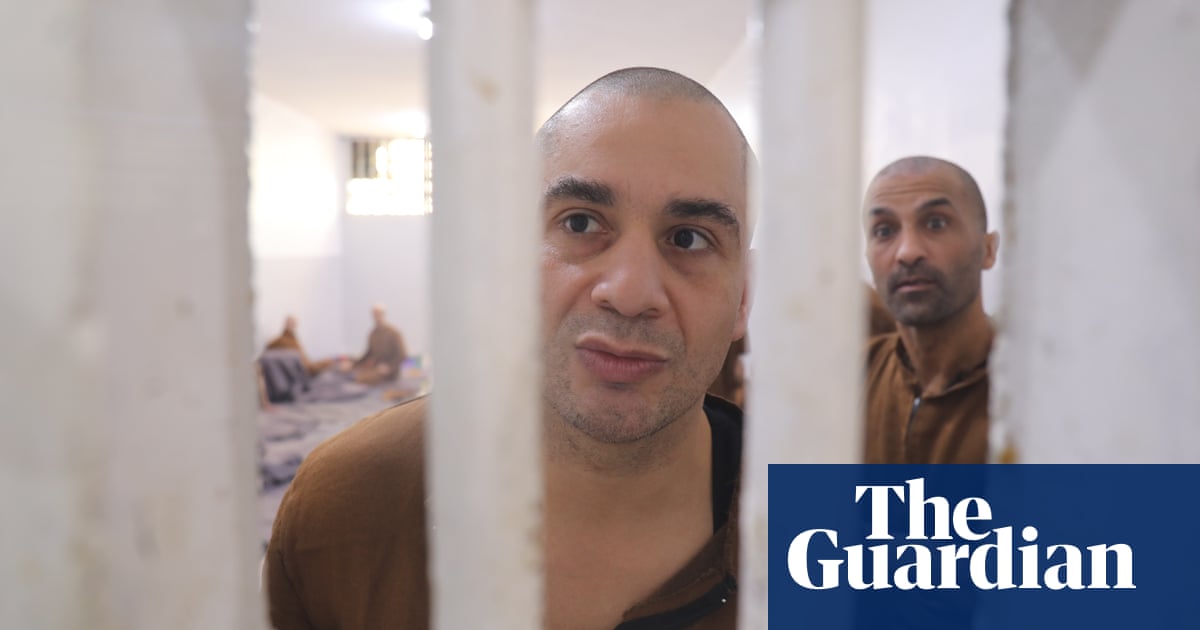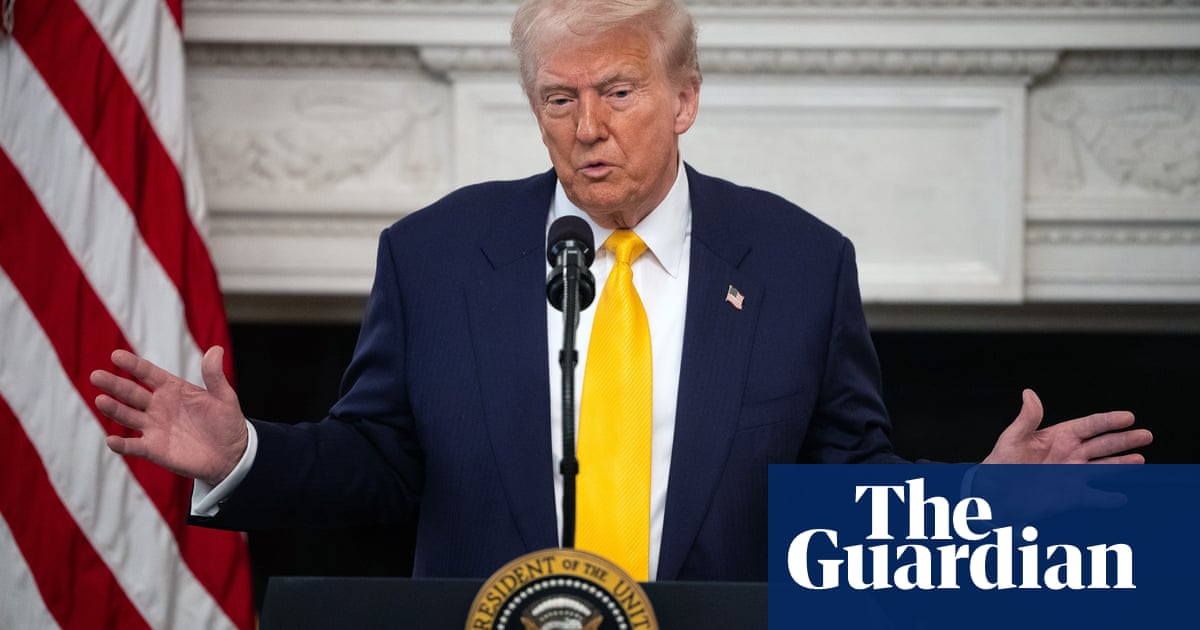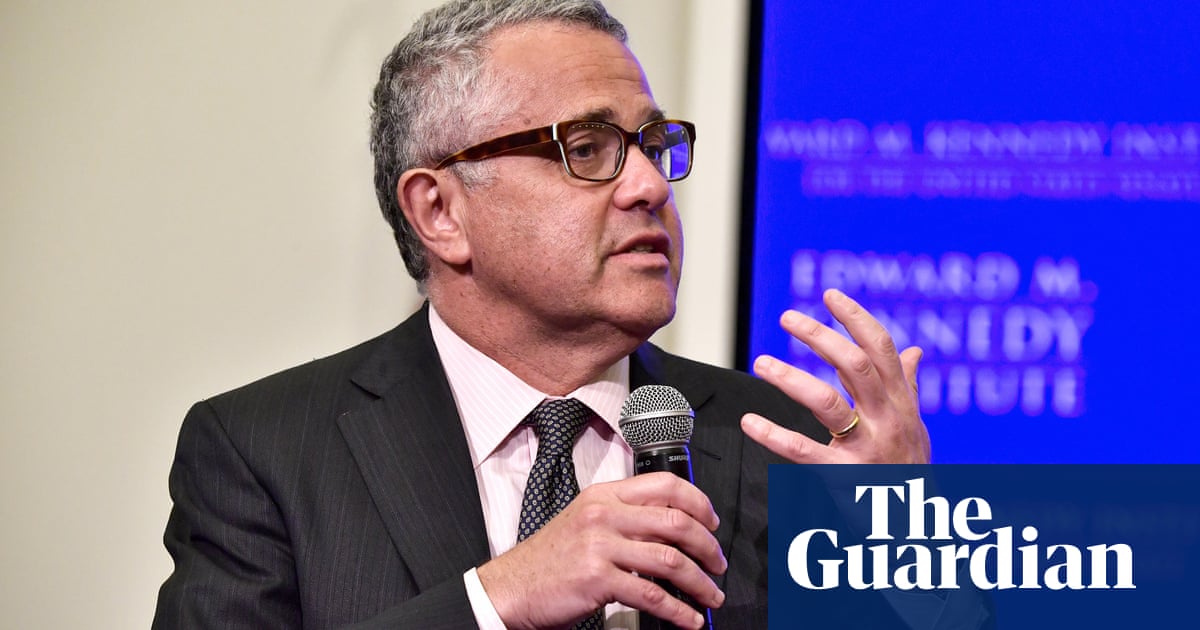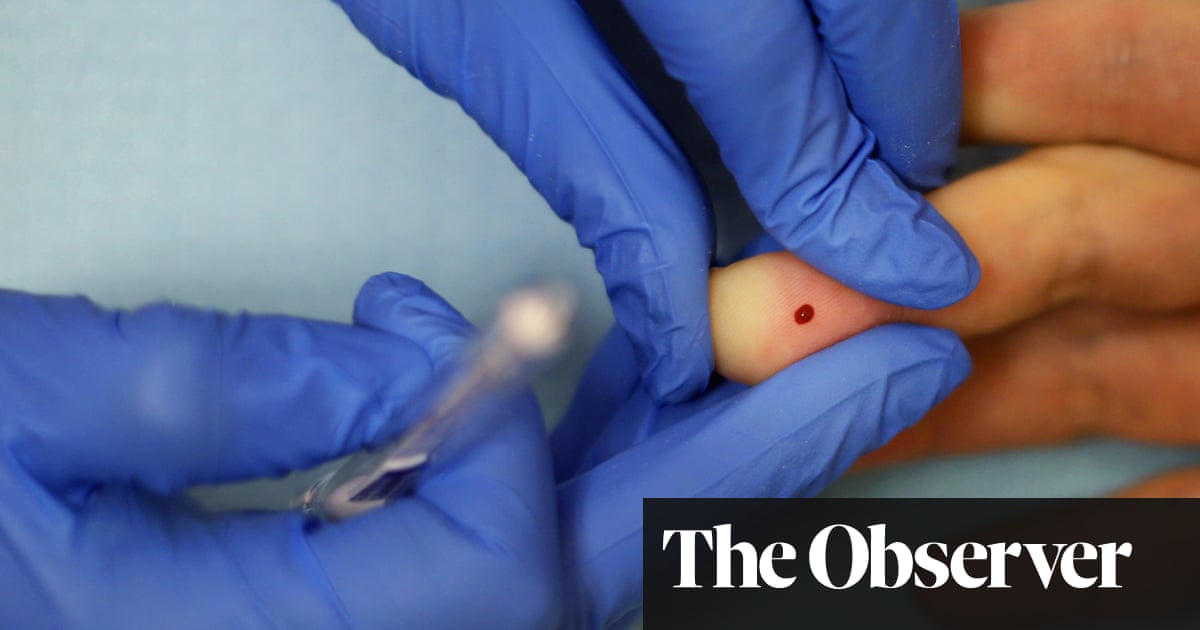Russia fires highest number of drones into Ukraine over a single night
Welcome to our coverage of Russia’s war on Ukraine with the news that Russia has fired 188 drones into Ukraine, the highest number in a single night.
Ukraine’s military said on Tuesday it shot down 76 of the weapons, adding it lost track of 96 of the drones, likely due to active electronic warfare, and five drones headed towards Belarus.
Kyiv came under sustained Russian drone attack, mayor Vitali Klitschko said early on Tuesday. “The UAV (unmanned aerial vehicle) attack on the capital continues,” Klitschko wrote on Telegram.
“Air defence forces are operating in different areas of the city. (Drones) are entering the capital from different directions.”
Witnesses told Reuters they heard a series of explosions in what sounded like air defence systems in operation.

The Ukrainian capital, its surrounding region and the vast majority of the Ukrainian territory was under air raid alerts. In Kyiv, the air raid alarms started at around 1900 GMT.
Meanwhile, a Russian overnight strike on critical infrastructure cut power to 70% of Ukraine’s western Ternopil region, its governor said on national television. Vyacheslav Nehoda said damage was “substantial” and it would impact the power supply in Ternopil and the surrounding region “for a long time”. In other news:
-
The British foreign secretary has said the UK is not sending troops into Ukraine, after Le Monde reported on Monday that France and the UK are “not ruling out” such a move. When he was asked about the report in an interview, David Lammy said the UK’s position had not changed. “We are very clear that we stand ready and continue to support the Ukrainians with training particularly, but there has been a longstanding position that we are not committing UK troops to the theatre of action,” he told newspapers La Repubblica, Le Monde and Die Welt at the G7 foreign ministers’ meeting in Italy.
-
Russian forces are advancing in Ukraine at the fastest rate since the early days of the 2022 invasion, taking an area half the size of Greater London over the past month, analysts and war bloggers say. The war is entering what some Russian and western officials say could be its most dangerous phase after Moscow’s forces made some of their biggest territorial gains. “Russia has set new weekly and monthly records for the size of the occupied territory in Ukraine,” independent Russian news group Agentstvo said in a report. The Russian army captured almost 235 sq km (91 sq miles) in Ukraine over the past week, a weekly record for 2024, it said.
-
Ambassadors from Ukraine and Nato’s 32 members will meet on Tuesday in Brussels over Russia’s firing last week of an experimental hypersonic intermediate-range missile. Russia on Thursday carried out a strike on the Ukrainian city of Dnipro which President Vladimir Putin said was a test of its new Oreshnik missile. But, according to the Agence France-Presse (AFP) news agency, expectations are low for any major results from the consultations on Tuesday afternoon at the alliance’s Brussels headquarters. The most that is expected is a reiteration of Nato’s earlier insistence that Moscow’s deployment of the new weaponry will not “deter Nato allies from supporting Ukraine”.
-
A new Nato mission located in Wiesbaden will take over the coordination of western military aid for Ukraine in January, Germany’s defence minister, Boris Pistorius, said on Monday. The setting up of NSATU – Nato Security Assistance and Training for Ukraine – has been months in the planning and is widely seen as an effort to safeguard the aid mechanism against interference by Donald Trump. Europeans will step up military support for Ukraine, Pistorius pledged, after talks in Berlin with his British, French, Italian and Polish counterparts. “Our target must be to enable Ukraine to act out of a position of strength,” Pistorius said after hosting a meeting of the five leading nations in European defence.
Key events Show key events only Please turn on JavaScript to use this feature
Russia confirms detention of Briton captured fighting for Ukraine
Russia has confirmed it has detained a British man it captured fighting for Ukraine in Kyiv’s offensive into Russia’ western Kursk region.
A court in the region said it had on Monday ordered James Scott Rhys Anderson be remanded in custody, alleging he had “participated in armed hostilities on the territory of the Kursk region”.
Tass, the Russian news agency, has quoted Anderson as saying that he had served as a signalman in the British army for four years and then joined the International Legion of Ukraine, formed early on in Russia’s full-scale invasion launched in February 2022.
In Ukraine, Anderson reportedly served as an instructor for Ukrainian troops and was deployed to the Kursk region against his will. Tass published a video of the man saying in English that he doesn’t want to be “here”.

What areas are strategically key to Russia's advance across Ukraine?
As we mentioned in the opening post, Russia has slowly expanded the amount of territory they control, making incremental gains, mostly in the east of Ukraine.
The thrust of the gradual Russian advance has been in the Donetsk region, with Russian forces pushing towards the town of Pokrovsk, an important transport hub, and into the town of Kurakhove, a city 35km (21 miles) south of Pokrovsk. Russia has increasingly encircled territory and then hit Ukrainian forces with artillery and glide bombs, according to Russian analysts.
The general staff of Ukraine’s armed forces said in its Monday update that 45 battles of varying intensity were raging along the Kurakhove part of the front line that evening.
If Russia can pierce the Ukrainian defences around Kurakhove, then they will be able to push westwards towards the city of Zaporizhzhia and then towards Pokrovsk, Russian war bloggers said.

Russia fires highest number of drones into Ukraine over a single night
Welcome to our coverage of Russia’s war on Ukraine with the news that Russia has fired 188 drones into Ukraine, the highest number in a single night.
Ukraine’s military said on Tuesday it shot down 76 of the weapons, adding it lost track of 96 of the drones, likely due to active electronic warfare, and five drones headed towards Belarus.
Kyiv came under sustained Russian drone attack, mayor Vitali Klitschko said early on Tuesday. “The UAV (unmanned aerial vehicle) attack on the capital continues,” Klitschko wrote on Telegram.
“Air defence forces are operating in different areas of the city. (Drones) are entering the capital from different directions.”
Witnesses told Reuters they heard a series of explosions in what sounded like air defence systems in operation.

The Ukrainian capital, its surrounding region and the vast majority of the Ukrainian territory was under air raid alerts. In Kyiv, the air raid alarms started at around 1900 GMT.
Meanwhile, a Russian overnight strike on critical infrastructure cut power to 70% of Ukraine’s western Ternopil region, its governor said on national television. Vyacheslav Nehoda said damage was “substantial” and it would impact the power supply in Ternopil and the surrounding region “for a long time”. In other news:
-
The British foreign secretary has said the UK is not sending troops into Ukraine, after Le Monde reported on Monday that France and the UK are “not ruling out” such a move. When he was asked about the report in an interview, David Lammy said the UK’s position had not changed. “We are very clear that we stand ready and continue to support the Ukrainians with training particularly, but there has been a longstanding position that we are not committing UK troops to the theatre of action,” he told newspapers La Repubblica, Le Monde and Die Welt at the G7 foreign ministers’ meeting in Italy.
-
Russian forces are advancing in Ukraine at the fastest rate since the early days of the 2022 invasion, taking an area half the size of Greater London over the past month, analysts and war bloggers say. The war is entering what some Russian and western officials say could be its most dangerous phase after Moscow’s forces made some of their biggest territorial gains. “Russia has set new weekly and monthly records for the size of the occupied territory in Ukraine,” independent Russian news group Agentstvo said in a report. The Russian army captured almost 235 sq km (91 sq miles) in Ukraine over the past week, a weekly record for 2024, it said.
-
Ambassadors from Ukraine and Nato’s 32 members will meet on Tuesday in Brussels over Russia’s firing last week of an experimental hypersonic intermediate-range missile. Russia on Thursday carried out a strike on the Ukrainian city of Dnipro which President Vladimir Putin said was a test of its new Oreshnik missile. But, according to the Agence France-Presse (AFP) news agency, expectations are low for any major results from the consultations on Tuesday afternoon at the alliance’s Brussels headquarters. The most that is expected is a reiteration of Nato’s earlier insistence that Moscow’s deployment of the new weaponry will not “deter Nato allies from supporting Ukraine”.
-
A new Nato mission located in Wiesbaden will take over the coordination of western military aid for Ukraine in January, Germany’s defence minister, Boris Pistorius, said on Monday. The setting up of NSATU – Nato Security Assistance and Training for Ukraine – has been months in the planning and is widely seen as an effort to safeguard the aid mechanism against interference by Donald Trump. Europeans will step up military support for Ukraine, Pistorius pledged, after talks in Berlin with his British, French, Italian and Polish counterparts. “Our target must be to enable Ukraine to act out of a position of strength,” Pistorius said after hosting a meeting of the five leading nations in European defence.

 2 months ago
53
2 months ago
53


